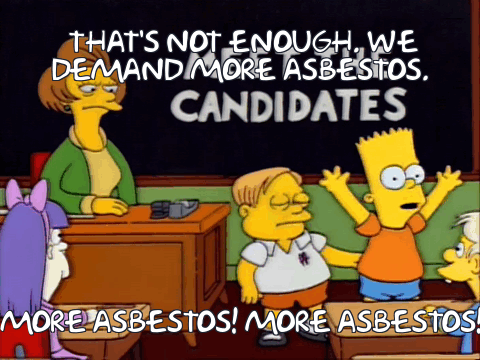Nearly four decades in the making, a new rule under the Obama administration was set to lower workplace exposure to beryllium, an industrial mineral linked to a lung disease that is to estimated to kill about 100 people annually. And the nations largest beryllium producer had agreed to back the new restrictions.
Once we finish, these workers will be protected and we will end the epidemic of beryllium exposure in the United States, David Michaels, the OSHA chief, said at the time in 2015.
But several weeks ago, just as the rule was going into effect, the safety agency suddenly proposed changes that experts expect may exempt major industries from the tougher standard. It was one of several instances in which workplace safety decisions have been revisited in the early months of the Trump administration.
OSHA has also put off enforcement of an Obama-era standard for another respiratory hazard silica, a mineral linked to a disabling lung disease as well as cancer and it has delayed action on a rule that would require employers to electronically report workplace injuries so that they can be posted for the public.
The moves come as the Trump administration offers other hints of a significant relaxation in the governments approach to occupational safety.
A successor to Mr. Michaels at OSHA has yet to be named. Mr. Trumps proposed budget eliminates at least two other strategies designed to promote worker safety, including the Chemical Safety Board, which investigates chemical plant accidents, and an OSHA grant program that provides training in industries with high injury or fatality rates and workers who do not speak English well.
During the early months of the Trump administration, a former lobbyist for an industry group that has opposed the beryllium, silica and record-keeping rules served on the transition team at the Department of Labor, which oversees OSHA. That official, Geoffrey Burr, who has since moved to the Department of Transportation as chief of staff, had been a lobbyist for the Associated Builders and Contractors, which represents nonunion construction companies.


